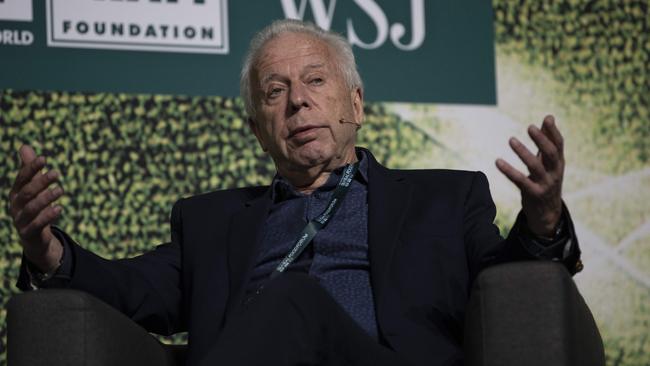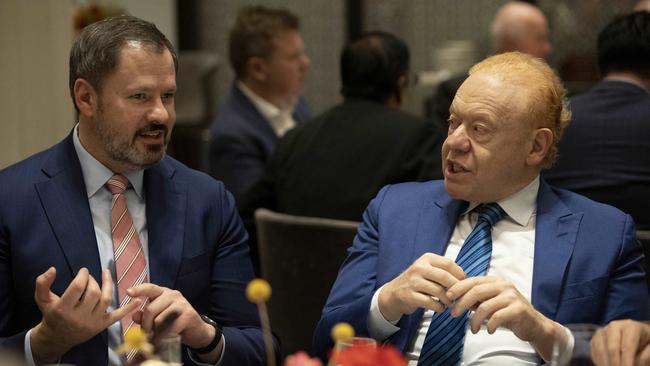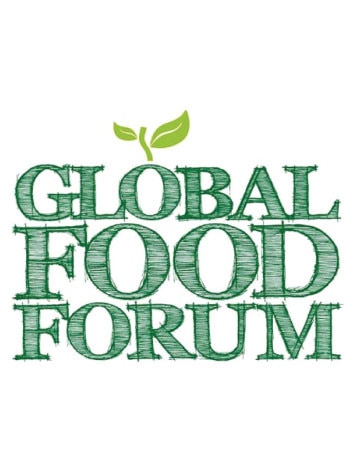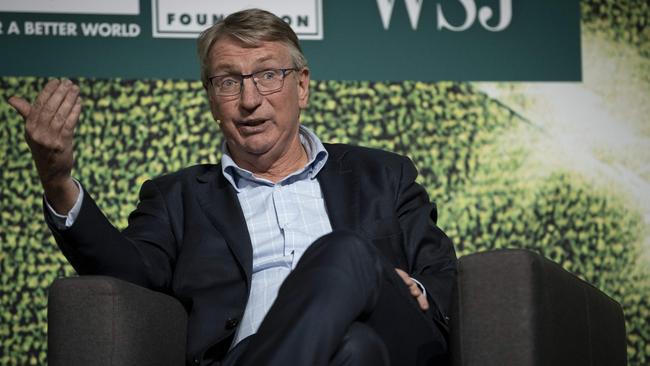Treasury Wine shows China repair is a long road
Australian exporters will continue to be cautious as they slowly rebuild their relationship with China.
That Treasury Wine was forced to pour cold water on its profit outlook and warn of possible cuts and more asset sales across its Australian operations, shows that agribusiness is far from the comfortable recovery phase after China trade bans.
Treasury Wine’s warning, just as the Global Food Forum got under way in Melbourne, was in part due to a glut of wine sloshing around the Australian market, which is hurting sales of mid-tier and lower label brands.
In response, Treasury is planning another round of brand sales, mostly across lower margin or volume labels and while possibly offloading more vineyards.
This is Treasury Wine’s way of saying it doesn’t believe a recovery in the China story is around the corner.
Positive steps are being taken but Australian exporters are returning to the market with more caution rather than the wide-eyed optimism of the pre-pandemic year around cracking the China market. The message is that diversification is the name of the game.

In recent days, a 100-strong delegation from China’s Sichuan region, including top government officials, has been quietly touring Victoria – from winemakers in the Yarra Valley to leading dairy and other food manufacturers.
Even during a busy budget week there were meetings with state government ministers who had the welcome mats rolled out. The visit is of such a scale that it would have been signed off by Beijing. The message here is that while relations at the top are being cautiously rebuilt, relations on the ground remain far more robust.
The southwestern Sichuan has a population of about 83 million, equivalent to the size of Germany. Even after Covid-19 lockdowns and the tensions of a trade spat between Beijing and Canberra, China still has a fast-growing middle class looking for a reliable supply of clean, green food. That’s why the two economies are such a good fit.
However as the billionaire owner of Chemist Warehouse Jack Gance points out, the relationship can’t be taken for granted: “The reality if it is that the love affair that the Chinese have of Australian products is waning a bit.”
Gance’s Chemist Warehouse built up sales of vitamins and other healthcare products into China to as much as a $300m business, but this all fell away amid a clampdown on the Daigou market and then as the Covid-19 border restrictions hit and the cooling of relations started.
Gance retains a position in China, with seven physical stores and is the biggest international retailer in health and beauty products on the Alibaba e-commerce platform. But he says that sales are “a little bit tougher than it has been”.

Another major exporter whose products were not hit by the trade bans or tariffs, said his business was still impacted by association. Given the amount of Australian wine sitting on the shelves gathering dust because of punishing tariffs, Chinese supermarkets and retailers there were reluctant to buy other Australian goods and risk getting caught holding stock, he says.
Others were working to find their niche in markets long before a trade spat with China broke out. The Food Forum heard from confectionary maker Darrell Lea, reinventing its business to be an exporter. Today it is the biggest exporter of licorice into the US among any global manufacturers. Others such as Elke Pascoe, who founded the LittleOak goat milk powder business, has more than enough orders coming from places like Singapore, the United States and is now moving into southeast Asian markets like Vietnam and Thailand.

Bega Group executive chairman Barry Irvin says diversification is important but China is simply too big to ignore and will remain a powerful force shaping agribusiness markets.
“That’s not anything to do with it being open or closed, it’s just to do with whether they’re buying or not,” he told The Global Food Forum.
“When you think about what’s happening with your commodity, never underestimate just exactly how much commodities China buys to fuel its food supply chain. And so I think we have got to be careful when we say it was closed, because there still have been so many things that it’s been open to,” Irvin says.
All this suggests even as China reopens the relationship between Australian exporters and their biggest market has changed. Producers will still embrace the opportunity of the Chinese market, but many have first-hand experience of the risks.
Closer to home
But many agribusiness producers have new battles to face at home, even with the price of commodities improving, a straw poll of executives and owners at the Global Food Forum were consistent around the pressure points: labour and energy.
Albert Tse of Wattle Hill says he is competing for warehouse staff in Sydney of all things against the airport, which is paying baggage handlers a base rate of more than $33 an hour. Davey Pumps, which has sizeable manufacturing facilities in Scoresby in Melbourne’s east has seen energy costs surge. This has been compounded by trying to secure skilled technicians, particularly through an era of generational change.

Mars Wrigley Australian boss Andrew Leakey, who oversees the production of confectionary to dog food, says staffing in the past two years has been a challenge. Its made even tougher for businesses such as his that have manufacturing operations outside the main capital cities.
“All of our factories are regional based, whether it’s NSW, Victoria or Queensland and it has been a significant challenge to get people into the regional environment,” he says.
This means business and local governments need to be smarter about attracting talent, promoting the regions beyond work but as lifestyle destinations for people living in crowded and expensive cities.
Mars is working with regional city council Ballarat where the manufacturer is headquartered pushing the lifestyle benefits, which is seeing more potential staff prepared to move to the city.
Bega’s Irvin too is feeling a labour squeeze but importantly this has not been to the extent of being forced to curtail production. Energy costs remain the big issue and the “pain points” are yet to come as existing contracts roll off and are renewed, he says.
The Albanese government’s intervention in energy markets with gas price caps and demands of reasonable pricing was well received among manufacturers at the Global Food Forum. And the feedback given to Industry Minister Ed Husic, who addressed the forum, was if he and Energy Minister Chris Bowen were to revisit their policy from last December – and in the process putting the likes of energy major Woodside off-side – they’d do it again.
johnstone@theaustralian.com.au








To join the conversation, please log in. Don't have an account? Register
Join the conversation, you are commenting as Logout